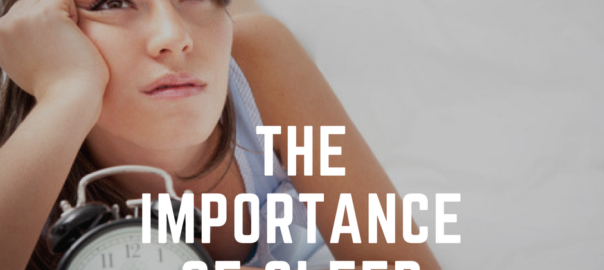The spotlight on this oil this week is DoTerra’s Vetiver.Vetiver, a member of the grass family, is grown for many reasons. Unlike other grasses, the root system of Vetiver grows down, making it ideal for helping to prevent erosion and providing soil stabilization. Vetiver has a rich, exotic, complex aroma that is used extensively in perfumes. Due to Vetiver’s calming, grounding effect on the emotions, it is an ideal oil to use in massage therapy. It can also be rubbed on the feet before bedtime to promote a restful night’s sleep. When taken internally, Vetiver can support a heathy immune system.*
Uses
- Add 1–2 drops to tea or hot drinks during winter time to promote immune-supporting properties*.
- Use as a massage oil to calm emotions.
- Take a warm bath with a few drops of Vetiver essential oil for deep relaxation.
- Diffuse with Lavender, doTERRA Serenity®, or doTERRA Balance® to calm emotions and lessen stress.
- Use a toothpick to help get the desired amount out of container if Vetiver is too thick to get out of the bottle. A little goes a long way.
Directions for Use
Diffusion: Use three to four drops in the diffuser of your choice.
Internal use: Dilute one drop in 4 fl. oz. of liquid.
Topical use: Apply one to two drops to desired area. Dilute with doTERRA Fractionated Coconut Oil to minimize any skin sensitivity. |

